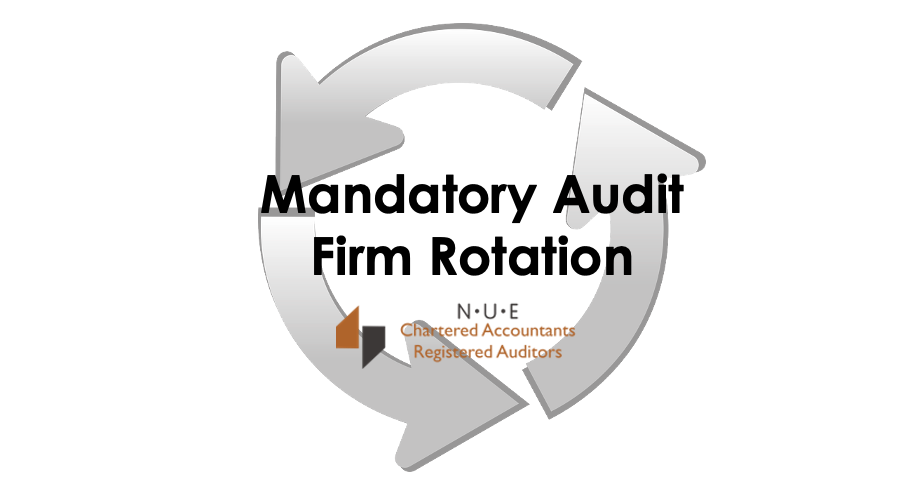Mandatory Audit Firm Rotation (MAFR) is a regulatory requirement that mandates the rotation of audit firms for public interest entities (PIEs) in South Africa. The Independent Regulatory Board for Auditors (IRBA) issued a rule prescribing that auditors of public interest entities in South Africa must comply with mandatory audit firm rotation with effect from 1 April 2023.
Objectives of MAFR
The MAFR rule aims to achieve three primary objectives:
- Strengthen auditor independence
- Promote transformation in the profession
- Enhance audit quality
The first objective is to strengthen auditor independence by reducing the familiarity threat that arises when auditors have a long-standing relationship with their clients. The second objective is to promote transformation in the profession as a majority of the audit reports are signed off by white-registered auditors. The third objective is to enhance audit quality by promoting fresh perspectives and new ideas from different audit firms.
Implementation of MAFR
The MAFR rule requires audit firm rotation every 10 years, effective for financial years commencing on or after 1 April 2023. Prior to recommending this mandate, IRBA considered four options: Mandatory Audit Firm Rotation, Mandatory Audit Tendering, Joint Audits, or a combination of these. Previously, the IRBA Code of Professional Conduct and the South Africa Companies Act had only required the rotation of audit partners, not firms, after seven and five years, respectively.
Impact of MAFR
The impact of MAFR on the audit profession in South Africa is still uncertain. Some experts believe that MAFR will enhance audit quality and promote transformation in the profession, while others argue that it will increase costs and reduce audit market concentration. However, it is important to note that the European Union has already implemented mandatory audit firm rotation in 2016, with companies being required to change their auditors every 10 years.
Pushback from the Audit Profession
The implementation of MAFR has faced pushback from the audit profession in South Africa. Some audit firms have argued that MAFR will increase costs and reduce audit market concentration, making it difficult for smaller audit firms to compete with larger ones. However, IRBA has stated that MAFR will promote competition and enhance audit quality, which will ultimately benefit the public interest entities and the broader economy.
In conclusion, MAFR is a regulatory requirement that mandates the rotation of audit firms for public interest entities in South Africa. The MAFR rule aims to achieve three primary objectives, including strengthening auditor independence, promoting transformation in the profession, and enhancing audit quality. The impact of MAFR on the audit profession in South Africa is still uncertain, but it is expected to promote competition and enhance audit quality in the long run.




